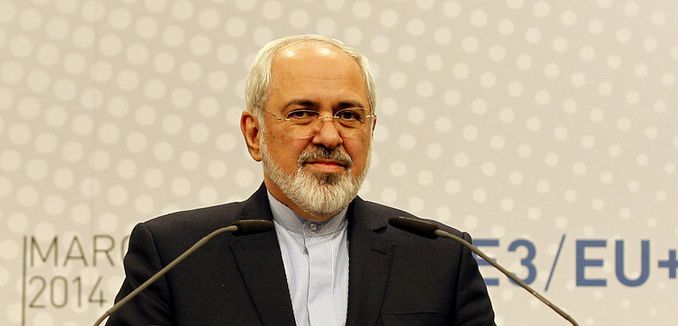VIENNA – As negotiations between the West and Iran over the country’s illicit nuclear program reached its deadline without any agreement, negotiators extended their target date for a comprehensive deal to June 30 next year, with a “political framework agreement” expected by March 1. However, according to an unnamed Western diplomat, the extension isn’t likely to help.
”It’s been 10 years that proposals and ideas have been put forward,” he said on condition of anonymity. “There’s nothing left. It’s essentially a side issue now. The Iranians are not moving. It is a political choice.”
“I am skeptical that even if we did extend we will be able to reach a deal,” he said shortly before the extension was announced.
The Associated Press reports that expert-level talks will resume in December, though no definitive place for future talks has been reported at this time. The AP also reported that Chinese Foreign Minister Wang Yi stated that “consultations” were still ongoing about the shape of a final agreement, “suggesting that moves toward an immediate deal had not yet been abandoned.”
British Foreign Minister Philip Hammond revealed that Iran will receive $700 million in frozen assets per month during the extension.
The Wall Street Journal reports that the major issues to be resolved are the number of centrifuges Iran will be allowed, with Iran insisting on eventually having “tens of thousands of fast-spinning centrifuge machines to enrich uranium,” as opposed to no more than a few thousand, which would be necessary to limit the time Iran could pursue an uranium-fueled nuclear bomb undetected. Iran is insisting on a “rapid waiving” of existing sanctions, though the regime has not complied with the United Nations Security Council resolutions that first imposed the sanctions. There is also no indication that Iran is any closer to addressing its past nuclear research.
Furthermore, the Journal reports:
Some senior Western diplomats involved in the Vienna talks also doubted Tehran would be willing to significantly change its position in the coming months.
“The [Iranian] negotiating team that is in Vienna—they are open, nice people, who are doing the best they can,” said the official. “The problem is that you have some who I’m not sure have the mandate to get to the place they need.”
Various reports indicate that Western powers have already made numerous concessions to Iran, as compared to previous Western demands. Talks ended without getting Iran to agree to limit its capacity to continue research and development on advanced nuclear centrifuges. Iran refused to even discuss several important issues, including its ballistic missile program and its heavy-water plant in Arak, which under its current configuration could give them the capability of producing a plutonium bomb if and when it is commissioned.
Sources told The Tower that the Iranian negotiating team delivered a long list of demands before it agreed to an extension of talks – including dozens of airplanes and heavy oil drilling equipment.
Negotiations have frequently been tense, and have reportedly featured Iranian negotiator Mohammad Javad Zarif screaming at U.S. Secretary of State John Kerry.
[Photo: Das österreichische Außenministerium / WikiCommons ]




